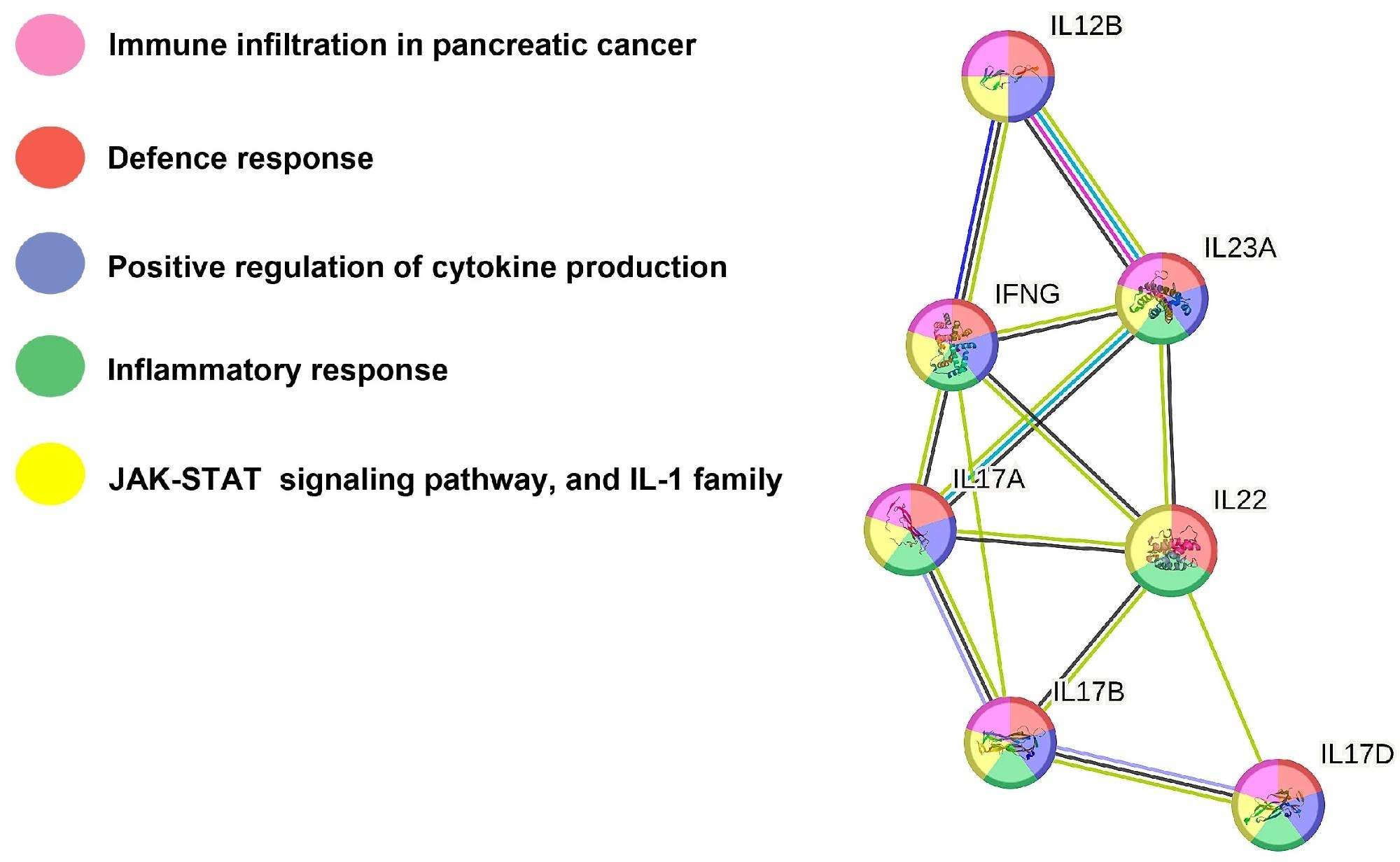About the study
The present study on the effects of carrot juice on cytokines and chemokines in human blood involved fourteen healthy volunteers. Participants were restricted from taking Nonsteroidal Anti-Inflammatory Drugs (NSAIDs) or consuming carrot products for 48 hours prior to the study. The experiment used carrot materials (cv. Night Bird F1 hybrid) grown organically and prepared into powder, from which the juice was made using 30 g of powder mixed with 500 mL of tap water. Blood samples were collected before and one hour after juice intake. The blood was then divided into two aliquots, one of which was stimulated with lipopolysaccharide (LPS), and both were incubated for up to 24 hours.
The inflammatory markers in the plasma were analyzed using multiplex electrochemiluminescence analysis for 44 cytokines and chemokines. The results obtained during the study were analyzed statistically using the Wilcoxon Signed Rank test at a five percent level. The results were managed and analyzed using SAS and R software.
This study was conducted to investigate whether carrot juice could influence the secretion of cytokines and chemokines during normal and inflammatory conditions. This investigation provides crucial insights into the potential health-promoting effects of carrots, especially in the context of diseases where inflammation plays a significant role.
Study results
Significant findings emerged in the present study investigating the impact of carrot juice intake on cytokines and chemokines in human plasma. At baseline, before and after carrot juice intake, most analytes showed no change in plasma concentration, except for IL-15, which increased significantly. However, in LPS-stimulated plasma samples, there was a noteworthy effect one hour after carrot juice intake. Levels of various cytokines, including Interferon-gamma (IFN-γ), Interleukin-17A (IL-17A), IL-17B, IL-17D, IL-22, IL-23, and IL-12/IL-23p40, showed significant changes following carrot juice intake and LPS stimulation.
 Illustration of the STRING analysis showing the interplay of the cytokines IL-23, IL-22, IL-17A, IL-17B, IL-17D, and IFN-γ. STRING interaction network depicting proteins involved in the defense response (red nodes). Positive regulation of cytokine production (blue nodes) and inflammatory response (green nodes). Pink nodes represent proteins involved in immune infiltration in pancreatic cancer. Yellow nodes indicate proteins affecting the JAK-STAT pathway and the IL-1 family.
Illustration of the STRING analysis showing the interplay of the cytokines IL-23, IL-22, IL-17A, IL-17B, IL-17D, and IFN-γ. STRING interaction network depicting proteins involved in the defense response (red nodes). Positive regulation of cytokine production (blue nodes) and inflammatory response (green nodes). Pink nodes represent proteins involved in immune infiltration in pancreatic cancer. Yellow nodes indicate proteins affecting the JAK-STAT pathway and the IL-1 family.
The effect of carrot juice intake on stimulated cytokine synthesis and release was further examined by adding the TLR4 agonist LPS to whole blood drawn after and before carrot juice intake. The addition of LPS increased the plasma concentration of most cytokines above baseline. Comparing paired samples with LPS before and after carrot juice intake showed significantly increased secretion of pro-inflammatory cytokines (IFN-γ, IL-17A, IL-17B, IL-17D, and IL-23) and anti-inflammatory cytokines (IL-12/IL-23p40 and IL-22) in human plasma samples.
The Search Tool for the Retrieval of Interacting Genes/Proteins (STRING) network analysis was conducted to reveal the protein–protein interaction network between these identified cytokines. The cytokines were found to be involved in immune infiltration in cancers, defense responses, positive regulation of cytokine production, the inflammatory response, and the Search Tool for the Retrieval of Interacting Genes/Proteins (JAK-STAT) signaling pathway. This analysis indicates that carrot juice has health-promoting effects potentially linked to its immunomodulatory and immunostimulating effects.
The study highlighted the dual role of IL-17A in health and disease, noting its importance in immune responses and its association with chronic inflammatory disorders, autoimmune diseases, and cancers. Similar contrasting roles were observed for other cytokines like IL-17B and IL-22. The increase in IL-17D levels observed in this study may contribute to an anti-inflammatory effect. Additionally, IL-22 was shown to target epithelial and stroma cells, enhancing tissue regeneration and wound healing, which might offer therapeutic potential in diseases associated with tissue damage.
Furthermore, the study showed that carrot juice intake modulates the secretion of certain cytokines, both under normal conditions and in response to inflammation, highlighting the potential of dietary components in influencing immune responses and inflammation. However, the limitations of the ex vivo model and the need for further research in clinical trials were acknowledged to fully understand the health-promoting effects of carrot consumption related to inflammation and immune responses.
Conclusions
To summarize, significant findings were observed in the study on carrot juice and inflammation. Post carrot juice intake, IL-15 levels in plasma increased, while LPS-stimulated samples showed heightened levels of certain pro-inflammatory and anti-inflammatory cytokines. Protein-protein interaction analysis suggested carrot juice's potential immunomodulatory benefits. Notably, cytokines like IL-17A, IL-17B, IL-22, and IL-17D displayed complex roles related to immune response and inflammation. The study also indicated an activation of the innate immune response, possibly reducing acute inflammation and aiding in disease prevention. However, due to its ex vivo nature, further clinical trials are necessary to understand carrot juice's health effects fully.